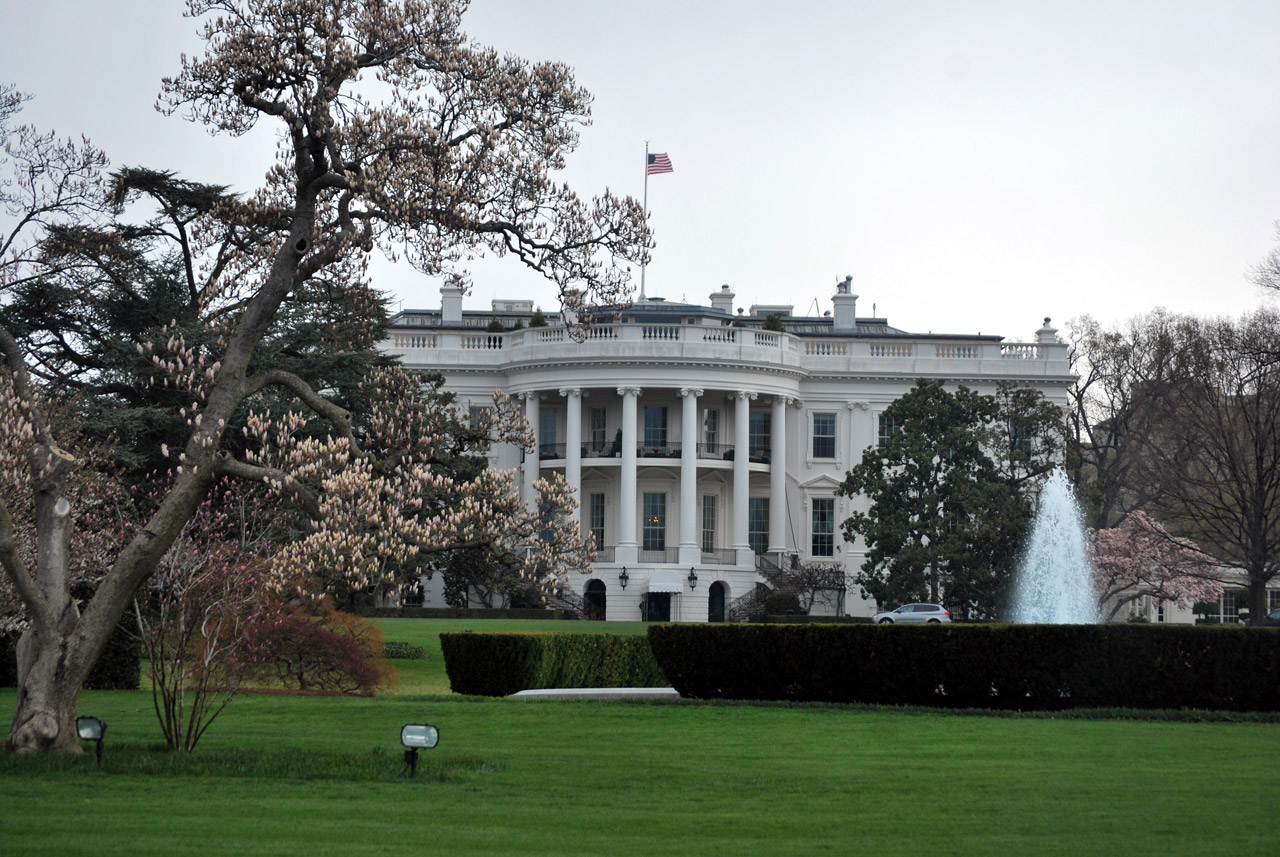Views expressed in opinion columns are the author’s own.
November marked one of the most historic and strange elections in American history. The winner lost the popular vote by about three million votes but still won the Electoral College by more than 70 electors. This was the fifth time in U.S. history where a president has won the Electoral College but lost the popular vote. Many have criticized this system as unfair and unrepresentative, and its anti-democratic origin of not trusting the people to make the right decision in their choice of leader is abhorrent.
But the biggest flaw in our democracy is not the Electoral College. The true flaw — one less frequently mentioned and present even when the Electoral College votes reflect the majority — is how our current system makes it far too difficult to impeach a president despite his actions. A president can only be recalled for the “Conviction of Treason, Bribery, or other high Crimes and Misdemeanors.” The constitution does not allow a president to be removed for not honoring his promises or even going against the desires of the American people. That means a president with rapidly declining approval ratings, like President Trump, who is currently below 42 percent approval, will not be held accountable directly by the people until his next election in four years. The courts and Congress have the power to contest and ultimately strike down actions in the short-term, but the president has the theoretical power to make decisions, without any long-term repercussions, so unpopular that the entire nation regardless of political party would despise him. Giving one person such unfettered power is a dangerous and terrifying idea that is only exacerbated when a president is in his second term. If Trump were to win a second term, he would have little accountability to anyone but himself as he cannot run for re-election.
There are some factors that would hopefully keep a president in check such as the need to maintain the support of his party and Congress, but neither of those elements are legally binding. A president can do a lot without the support of his party or Congress, including getting the United States involved in a foreign conflict. While a declaration of war must be passed through Congress, none have been passed since World War II, and although Congress has authorized presidential use of force, as the commander in chief, the president has the power and precedent to send American troops into war without the consent of Congress too.
An alternative other democracies have is the parliamentary system where the president or prime minister is the leader of the majority party or coalition in parliament. In this case, the leader is always held accountable to the people and the party. If a head of state loses the backing of his supporting coalition, his coalition can vote against him and new elections are called immediately. This system has the potential to hold leaders like Trump accountable, but it could have also prevented candidates from outside the political establishment like him from ever being candidates in the first place. The system is not perfect, and a change to a fairer parliamentary system is unlikely to happen in the U.S. But perhaps it is better than this archaic American version of democracy that does not have the proper checks and balances needed to remain healthy.
Moshe Klein is a sophomore economics and government & politics major. He can be reached at mosheylklein@gmail.com.



